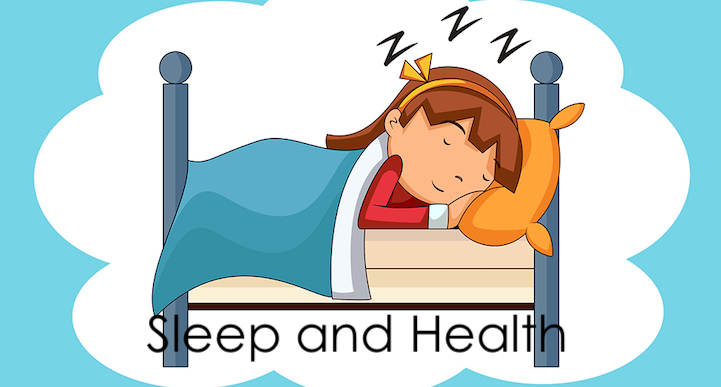[et_pb_section fb_built=”1″ admin_label=”section” custom_padding=”3px|0px|2px|0px”][et_pb_row admin_label=”row” custom_padding=”0px|0px|27px|0px”][et_pb_column type=”4_4″ parallax=”off” parallax_method=”on”][et_pb_text admin_label=”Text”]
Scott suggested that he contribute to the blog, so he has written todays post.
I recently attended a workshop that was really interesting so I thought it was time I wrote a post for the blog.

Learning about my eyes
One of my lecturers from college held an Iridology workshop in her home and I was lucky enough to be invited. Iridology is the study of the eyes to help determine health, although I have discovered it is so much more. I have had photos of my eyes taken by a student naturopath at the Endeavour College Clinic. The lecturer was able to read my eyes from them. What she was able to discern from my eyes just blew me away. This is a person who only knows me as a face in a classroom, but she spoke about me like she had known me all my life.
What I learned
You see Iridology looks not just at your physical health but your personality too. I don’t mean that it is some kind of psychic thing but rather a way of reading your eyes. Then using this knowledge as a way to make better decisions regarding health. For example it was determined that I have a strong constitution, these are graded from 1 to 5, I am a 1. It may seem on face value that is very desirable but it also means that I can tend to push myself to hard sometimes. Compared to a person who is a 4 or 5 who is better at knowing when to stop and take a rest to avoid injury.
Also identified are 4 basic personality types, these are Jewel, Stream, Shaker and Flower; I am a Stream. I won’t go in to all the traits of this type but the description fits my personality. There are many Iridology charts that explain all sorts of things that are indicated in the eyes. As a beginner I plan on sticking to the basics until I learn more.
Many people tend to think of Iridology as some kind of voodoo, however there are some aspects that medical science agrees with. Take the cholesterol ring, this is a kind of smoky ring around the outside of the iris that indicates, you guessed it high cholesterol.
How does it work?
It is not yet fully understood how Iridology works, but the theory is that the iris contains nerve fibres that are connected to various parts of the body through a nerve pathway in the brain. As we experience different things a small marker is left in these nerve fibresHowever it happens, I am a convert and I plan to keep learning as much as I can about this fascinating subject during my studies, so I can use it in my own practice in the future.
Till the next post,
Live clean n prosper
[/et_pb_text][/et_pb_column][/et_pb_row][/et_pb_section]


